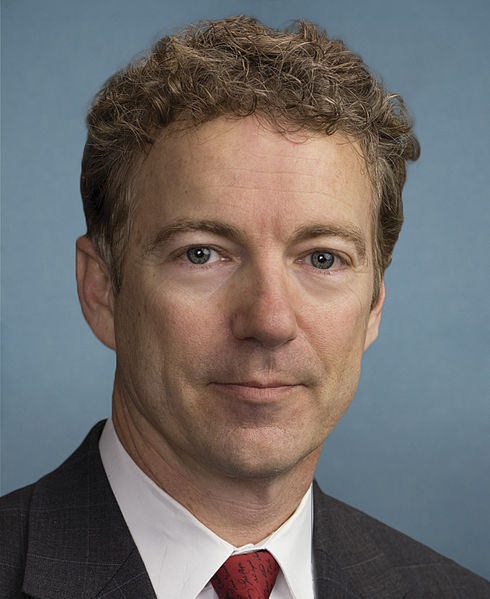(By Whitney Webb of Trueactivist.com) For over a hundred years, the US money supply has been controlled by the US Federal Reserve. Despite the use of the word “federal” in its title, the Federal Reserve – often colloquially referred to as the Fed – is a private entity, owned and controlled by a consortium of private banking interests. With the nation’s monetary policy beholden to a small group of powerful, private bankers, it’s no small wonder that the US dollar has become incredibly devalued over the past century – a move which benefits the bankers, but hurts everyday Americans. In addition, the Fed also charges taxpayers interest for each dollar they print as the Fed essentially “loans” dollars to the American public for use and forcing the US government and American public to become indebted to the banking cabal pulling the strings. Because the Fed has never been audited and has operated in near-total secrecy for much of its existence, the true impact of Federal Reserve’s actions remains unknown.
However, Sen. Rand Paul (R-KY) is seeking to change that. Having worked for years to force an audit of the Federal Reserve, Paul has now re-introduced the “Federal Reserve Transparency Act,” more commonly known as the “Audit the Fed” bill. With 8 co-sponsors and recently introduced companion legislation, the bill is also claiming to have the support of the President-Elect Donald Trump. Trump’s support is key as the bill, which has been passed by parts of congress on more than one occasion, would need his support to successfully become law due to strong opposition from politicians with close relationships to private banking interests. “The U.S. House has responded to the American people by passing Audit the Fed multiple times, and President-elect Trump has stated his support for an audit,” Paul said in a statement. “Let’s send him the bill this Congress.”
The bill itself would allow the Government Accountability Office (GAO) to fully audit the Fed, including its transactions with foreign central banks, foreign governments, and nonprivate international financing organizations, such as the Rothschild-owned International Monetary Fund (IMF). If the bill is passed, this component, in particular, could shed some light on how the private-banker cabal manipulates the domestic policy of foreign nations via the manipulation of its money supply – something they would obviously prefer stay hidden. In addition, the bill would also allow for full audits of the following:
-
deliberations, decisions, or actions on monetary policy matters, including discount window operations, reserves of member banks, securities credit, interest on deposits, and open market operations;
- transactions made under the direction of the Federal Open Market Committee; or
- a part of a discussion or communication among or between members of the Board and officers and employees of the Federal Reserve System related to clauses (1)–(3) of this subsection
President-Elect Trump’s support for this bill is crucial to its success. Though Trump on the campaign trail and since has criticized Federal Reserve policy, it would be less than surprising if the President-Elect were to peddle back such rhetoric. Indeed, past US Presidents who tried to curb the power of the Federal Reserve or prevent its formation prior to 1913 met grisly fates for their efforts. For example, not long before his assassination, President John F. Kennedy issued Executive Order 11110 which essentially stripped the Federal Reserve Bank of its ability to loan money to the US government at interest. Not long after his assassination, the US Secretary of the Treasury under Johnson effectively revoked Kennedy’s order until Reagan officially repealed it. Other past presidents, including James Garfield, Abraham Lincoln, and William McKinley were all involved in attempting to curb the attempts of private banking interests to create a US central bank before their untimely deaths. If he chooses to openly support the Rand Paul’s bill, Trump should be well-aware that the Federal Reserve will not relinquish its stranglehold on the US money supply so easily.
